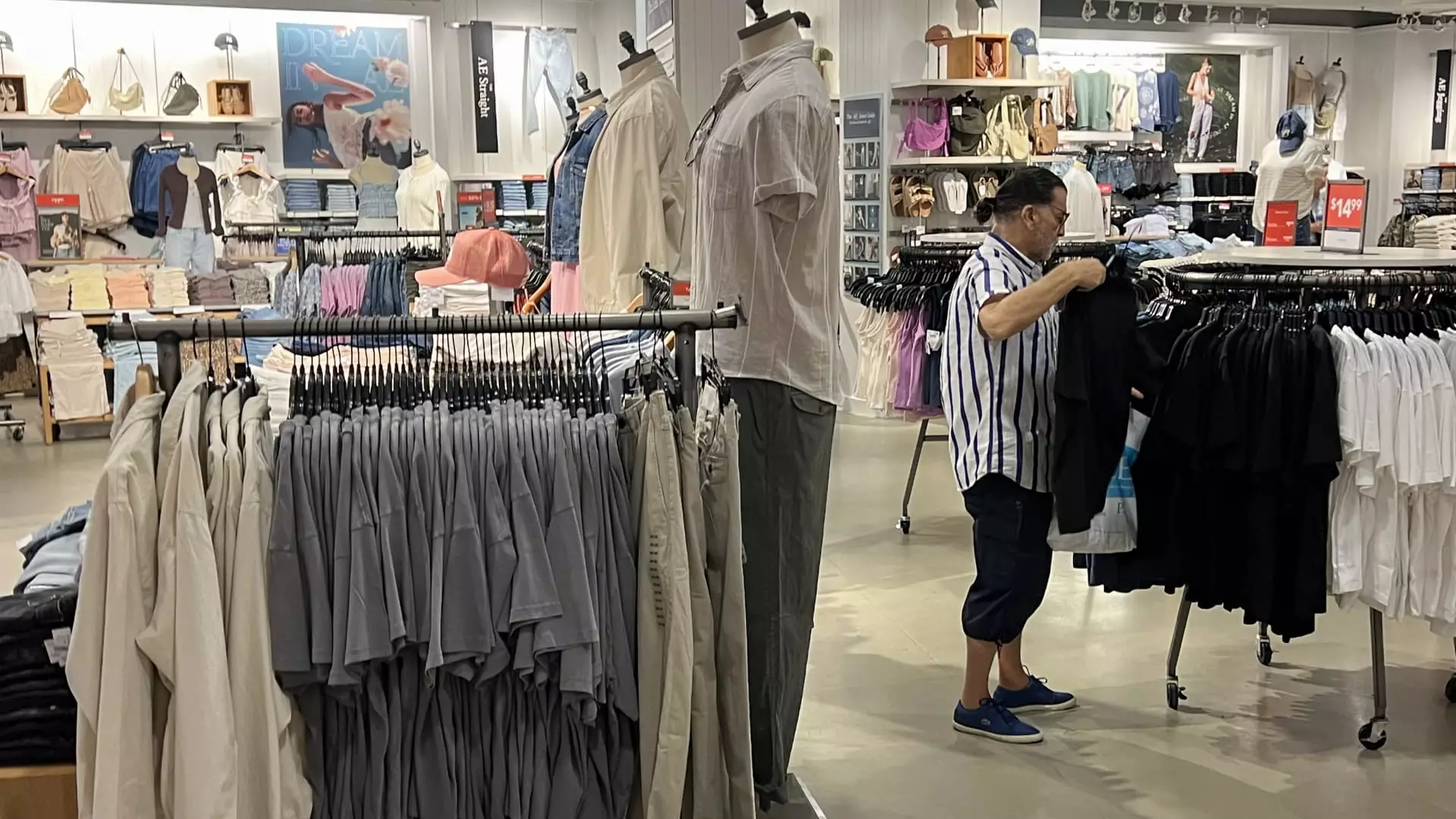The message is loud and clear: Americans are starting to accept that less can often be more. With the ongoing economic pressure—rising prices, stagnating wages, and escalating credit card debt—many consumers are reassessing their relationship with material goods. Notably, statements from high-profile figures like former President Donald Trump, who suggested that having 250 pencils is excessive, come as a clarion call for a societal rethink about consumption. This shift from rampant acquisition towards mindfulness and moderation signals a much-needed cultural renaissance, where the essence of life is not found in the quantity of goods we own but rather in the quality of our experiences and relationships.
As consumers grapple with the reality of their financial situations, new studies unveil a stark truth: a whopping 83% are considering slashing their discretionary spending if their finances worsen. With over half of adults intending to cut back on travel and leisure activities, the answer to our hyper-consumerist lifestyles may lie in adopting a minimalist approach that prioritizes mental and financial well-being over the fleeting high of acquisition.
The Economy: A Ticking Time Bomb?
However, while spending is adjusting in reaction to financial pressures, the bigger picture reveals a troubling economic landscape. Experts like Ted Rossman from Bankrate have emphasized that consumer spending remains crucial to U.S. economic health. Yet, the notion of a resilient economy rings hollow against the backdrop of rising inflation and increased uncertainty. The National Retail Federation’s Chief Economist Jack Kleinhenz speaks of a “pivot point,” where the economy stands on an uncertain precipice. This mixed sentiment highlights the paradox of thriving consumption against a backdrop of discontent—the very foundation of consumerism appears shaky.
It’s this precariousness that prompts panic in many households, where the fear of recession looms large. As tariffs and trade policies wrangle consumer confidence, spending habits may shift rapidly from abundant to frugal, exacerbating the economic turbulence. Hence, the assertion that consumer spending is the backbone of the economy starts to resemble a double-edged sword—while feeding growth, it can also lead to drastic repercussions in times of uncertainty.
The Psychological Toll of Financial Anxiety
Psychologically, the pressure mounts. With 47% of Americans reflecting on their financial preparedness daily, the mental strain of managing finances during tough times has become a shared national burden. As consumer sentiment continues to drop, evidenced by metrics such as the Conference Board’s expectations index, anxiety ripples through households—the very fabric of society begins to fray under financial duress. Such widespread emotional distress cannot merely be attributed to rising prices; it is compounded by a generation of consumers burdened not just by debt but by expectations set by an age-old culture of rampant consumerism.
With the added weight of policies like the resumption of student loan collections, many find themselves in a suffocating situation where their financial leeway has shrunk dramatically. This spiraling angst translates into a parallel rise in consumer caution. In such a difficult atmosphere, choices become more intentional, and spending patterns shift toward frugality and prioritization of fundamental needs over fleeting wants.
The Need for Sustainable Consumer Behavior
What remains troubling, however, is the notion that many continue to drive themselves deeper into debt while pursuing an image of wealth that is increasingly unattainable. The path forward calls for a drastic reevaluation of our priorities—not just as individuals but collectively as a society. Instead of mindlessly pursuing a lifestyle characterized by excess, adopting sustainable habits and a grounded understanding of financial health could open the door to enriching lives in more meaningful ways.
This cultural reevaluation may promote a shift from the paradigm of ownership toward one that values experiences, community engagement, and long-term financial planning. Our future—both personal and communal—can benefit tremendously from a shift in focus: valuing what we truly need and will genuinely enrich our lives while fostering goodwill and sustainability. The awareness of our dependence on consumerism must morph into a conscious movement toward moderation to preserve not just our finances but also our mental well-being.
Although the spirit of minimalism is rising, it is the responsibility of society to harness this moment and transform it into a broader movement that champions both psychological and financial health.

